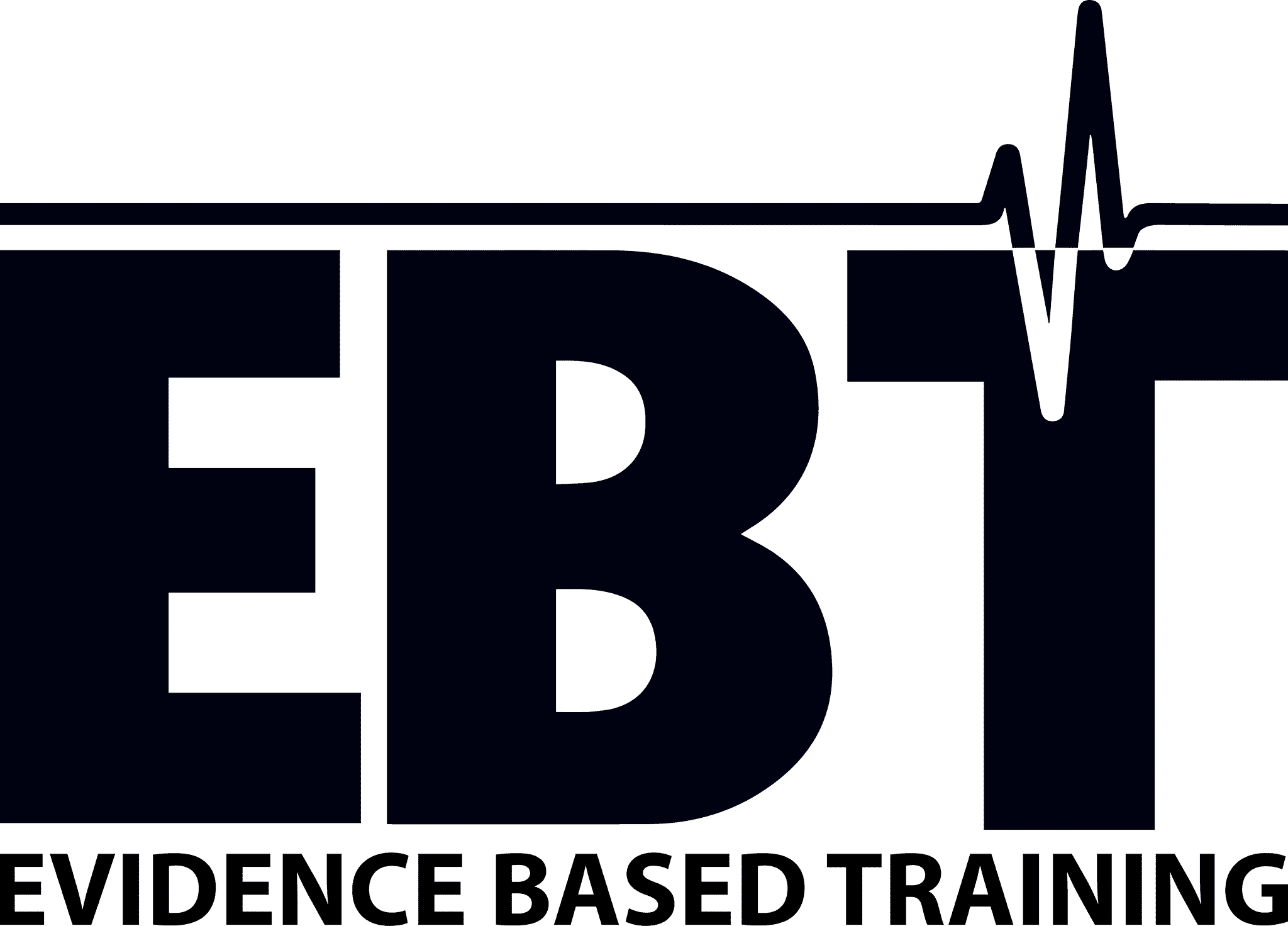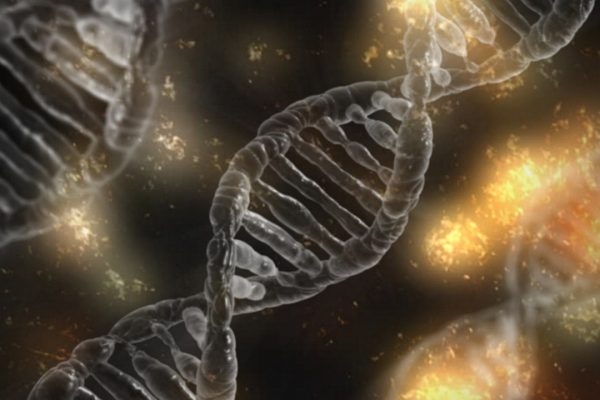Can DNA-tests really predict performance?
This first-of-its-kind study tries to answer this question! It let athletes take DNA-tests from their saliva and used 14 gene variants to classify them as either “endurance” or “power” athletes, based on their DNA. Without letting them know which type they were, they let athletes train high intensity (10 sets of 2 reps) or low intensity (3 sets of 10-20 reps) for 8 weeks, and then compared gains in “power” vs “endurance” athletes.
What they found in the DNA-study:
Countermovement jump and 3 min cycling improved in all athletes, BUT athletes with “power genes” responded much better to heavy lifting, gaining 6.5% in cycling performance after heavy lifting, compared to 1.8% after light weight training. They also gained 7.1% in countermovement jump after heavy lifting, compared to 2.3% after light weight training. Athletes with “endurance genes” responded better to light weight training, gaining 6.0% in cycling performance after light lifting, compared to 2.6% after light weight training. They also gained 7.6% in countermovement jump after light weight lifting, compared to 2.8% after light weight training.
Strength and power performance are partly genetic, but we don’t exactly how much (somewhere between 30 and 84%). Genes can, for example, control the amount of muscle fibers you have (fast twitch vs slow twitch ratio) or how quickly your muscle cells start dividing (satellite cells) after lifting, and many other factors.
Why DNA tests has limitations
While the study is fascinating, it only tested 14 gene variants to predict training responses to the GROUP. In reality, THOUSANDS of gene variants control the response to exercise, and we simply can’t use ONE or just a FEW genes variant to make predictions reliably for ONE PERSON. Another limitation is that the study looked at sport athletes of many different sports and only measured results in jump and cycling performance. We would love to see a study on bodybuilders predicting and measuring muscle growth. In the not- too-distant future, though, we will have personalized gene testing for individuals who want to maximize their results.
THE EVIDENCE:
Jones et al. A genetic-based algorithm for personalized resistance training. Biol Sport. 2016;33(2):117-26.









